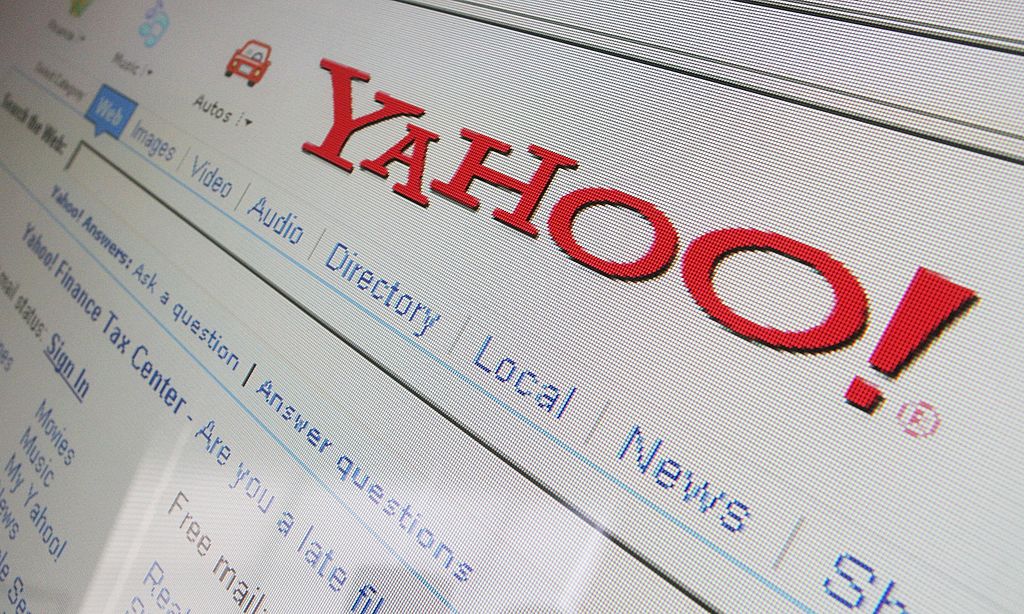Here's how to survive the massive Yahoo hack


On Thursday, Yahoo announced that hackers had compromised at least 500 million user accounts in 2014, stealing some number of names, passwords, email addresses, phone numbers, dates of birth, and security question answers. That's bad news if you have a Yahoo account, and just because the hack is two years old doesn't mean you should just throw up your hands and keep on keeping on. The first thing to do is immediately change your Yahoo password — pick a good one, and if you're having trouble, Edward Snowden has some pretty good advice.
In fact, "change all your passwords, especially if you use the same passwords for different sites," internet security analyst Hemu Nigam tells CNN. "When you look at your keychain you have a different key for your house, for your locker, for your bank. Treat your online world like you treat your physical world — in other words, a different password for everything that matters in your online world." Gizmodo's William Turton also suggests that whenever possible, turn on two-factor authentication, and be especially wary of strange emails.
Use your common sense, Turton says. "Don't click on links and definitely don't download any files unless you're sure you know who sent them. If the email sounds very dramatic or too good to be true, it probably is." If an email from an unknown sender asks for personal information, beware. You can read more advice (Turton suggests getting a Gmail account, though Gmail isn't immune to hacks) at Gizmodo, or learn more about the hack — including why Nigam is suspicious of Yahoo's claim the hack was "state sponsored" — in the video below. Peter Weber
The Week
Escape your echo chamber. Get the facts behind the news, plus analysis from multiple perspectives.

Sign up for The Week's Free Newsletters
From our morning news briefing to a weekly Good News Newsletter, get the best of The Week delivered directly to your inbox.
From our morning news briefing to a weekly Good News Newsletter, get the best of The Week delivered directly to your inbox.
A free daily email with the biggest news stories of the day – and the best features from TheWeek.com
Peter has worked as a news and culture writer and editor at The Week since the site's launch in 2008. He covers politics, world affairs, religion and cultural currents. His journalism career began as a copy editor at a financial newswire and has included editorial positions at The New York Times Magazine, Facts on File, and Oregon State University.
-
 ‘Let 2026 be a year of reckoning’
‘Let 2026 be a year of reckoning’Instant Opinion Opinion, comment and editorials of the day
-
 Why is Iran facing its biggest protests in years?
Why is Iran facing its biggest protests in years?TODAY’S BIG QUESTION Iranians are taking to the streets as a growing movement of civic unrest threatens a fragile stability
-
 How prediction markets have spread to politics
How prediction markets have spread to politicsThe explainer Everything’s a gamble
-
 TikTok secures deal to remain in US
TikTok secures deal to remain in USSpeed Read ByteDance will form a US version of the popular video-sharing platform
-
 Unemployment rate ticks up amid fall job losses
Unemployment rate ticks up amid fall job lossesSpeed Read Data released by the Commerce Department indicates ‘one of the weakest American labor markets in years’
-
 US mints final penny after 232-year run
US mints final penny after 232-year runSpeed Read Production of the one-cent coin has ended
-
 Warner Bros. explores sale amid Paramount bids
Warner Bros. explores sale amid Paramount bidsSpeed Read The media giant, home to HBO and DC Studios, has received interest from multiple buying parties
-
 Gold tops $4K per ounce, signaling financial unease
Gold tops $4K per ounce, signaling financial uneaseSpeed Read Investors are worried about President Donald Trump’s trade war
-
 Electronic Arts to go private in record $55B deal
Electronic Arts to go private in record $55B dealspeed read The video game giant is behind ‘The Sims’ and ‘Madden NFL’
-
 New York court tosses Trump's $500M fraud fine
New York court tosses Trump's $500M fraud fineSpeed Read A divided appeals court threw out a hefty penalty against President Trump for fraudulently inflating his wealth
-
 Trump said to seek government stake in Intel
Trump said to seek government stake in IntelSpeed Read The president and Intel CEO Lip-Bu Tan reportedly discussed the proposal at a recent meeting
